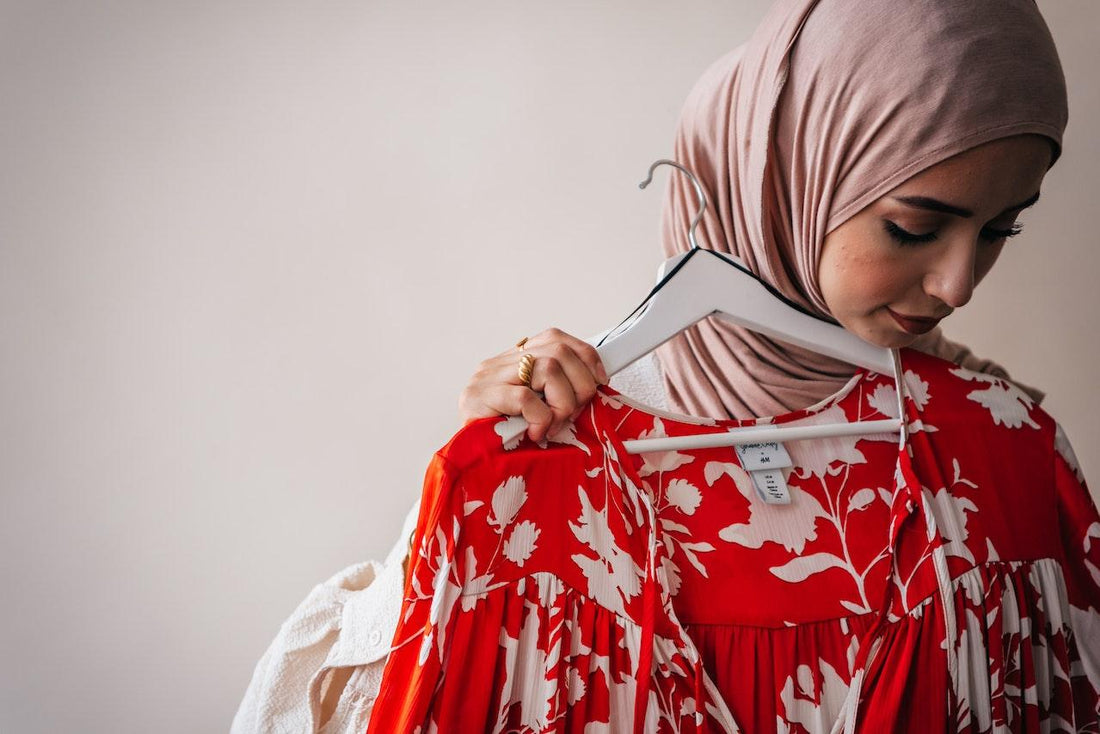
Why are pashmina shawls banned?
Share
In the world of fashion, Pashmina shawls have always been synonymous with luxury, elegance, and comfort. However, in recent times, there has been a growing concern regarding the authenticity and ethical implications of these beloved accessories. This article will delve into the intriguing question: "Why are Pashmina shawls banned?" We will explore the history, controversies, and reasons behind the ban on these cherished fashion items.
1. Introduction
Pashmina shawls, known for their softness and warmth, have been a symbol of luxury and craftsmanship for centuries. However, the ban on these exquisite accessories has raised eyebrows and sparked discussions worldwide.

2. What are Pashmina Shawls?
Pashmina shawls are traditionally made from the wool of the Pashmina goat, primarily found in the Himalayan region. These shawls are celebrated for their fine texture, lightweight feel, and ability to provide warmth without bulk.
3. The Rich History of Pashmina
Pashmina shawls have a history that dates back to ancient times. The art of weaving Pashmina wool has been passed down through generations in Kashmir, India, and Nepal. These shawls were highly prized by royalty and became an integral part of cultural heritage.
4. The Controversy Surrounding Pashmina Production
The ban on Pashmina shawls is closely linked to the controversy surrounding their production. Many Pashmina goats are subjected to inhumane practices in the quest for their valuable wool. The extraction process often involves exploitation and cruelty.
5. Animal Welfare Concerns
One of the primary reasons for the ban on Pashmina shawls is the concern for animal welfare. Pashmina goats are sometimes subjected to harsh conditions, including overgrazing and harsh shearing methods. This has led to international outcry and calls for a ban on unethical Pashmina production.
6. Counterfeit Pashmina: A Growing Problem
Counterfeit Pashmina shawls flooding the market have also contributed to their ban. These imitation products not only hurt the reputation of authentic Pashmina but also raise questions about ethical sourcing and fair trade practices.
7. Environmental Impact

The Pashmina production process can have a significant environmental impact. Overgrazing of Pashmina goats can lead to soil degradation and deforestation. The ban on Pashmina is, in part, an effort to address these environmental concerns.
8. Ethical Considerations
The ban on Pashmina shawls reflects a growing awareness of ethical considerations in the fashion industry. Consumers are increasingly demanding transparency and accountability in the production of luxury goods.
9. The Legal Bans on Pashmina
Several countries and regions have implemented legal bans or regulations on the sale of Pashmina shawls. These bans aim to curb unethical practices and promote responsible sourcing.
10. Alternatives to Pashmina
While Pashmina shawls are facing bans and controversies, there are alternative materials and ethical brands that offer similar warmth and elegance without the ethical concerns. Exploring these options can help consumers make more informed choices.

11. Conclusion
In conclusion, the ban on Pashmina shawls stems from a complex web of issues, including animal welfare, counterfeiting, environmental impact, and ethical concerns. While these bans may seem restrictive, they also serve as a wake-up call for the fashion industry to prioritize ethical and sustainable practices.
12. FAQs
Q1: Are all Pashmina shawls unethical?
Ans: Not all Pashmina shawls are unethical, but it's essential to research and choose brands that prioritize ethical sourcing and animal welfare.
Q2: Are there sustainable alternatives to Pashmina?
Ans: Yes, there are sustainable and cruelty-free alternatives available in the market, such as plant-based or synthetic materials.
Q3: Which countries have banned Pashmina shawls?
Ans: Countries like the United States and several European nations have implemented regulations on the sale of Pashmina shawls.
Q4: Can Pashmina production be made more ethical?
Ans: Yes, with proper regulations and ethical practices, Pashmina production can become more humane and sustainable.
Q5: How can consumers support ethical fashion choices?
Ans: Consumers can support ethical fashion by researching brands, checking certifications, and advocating for transparency in the industry.
